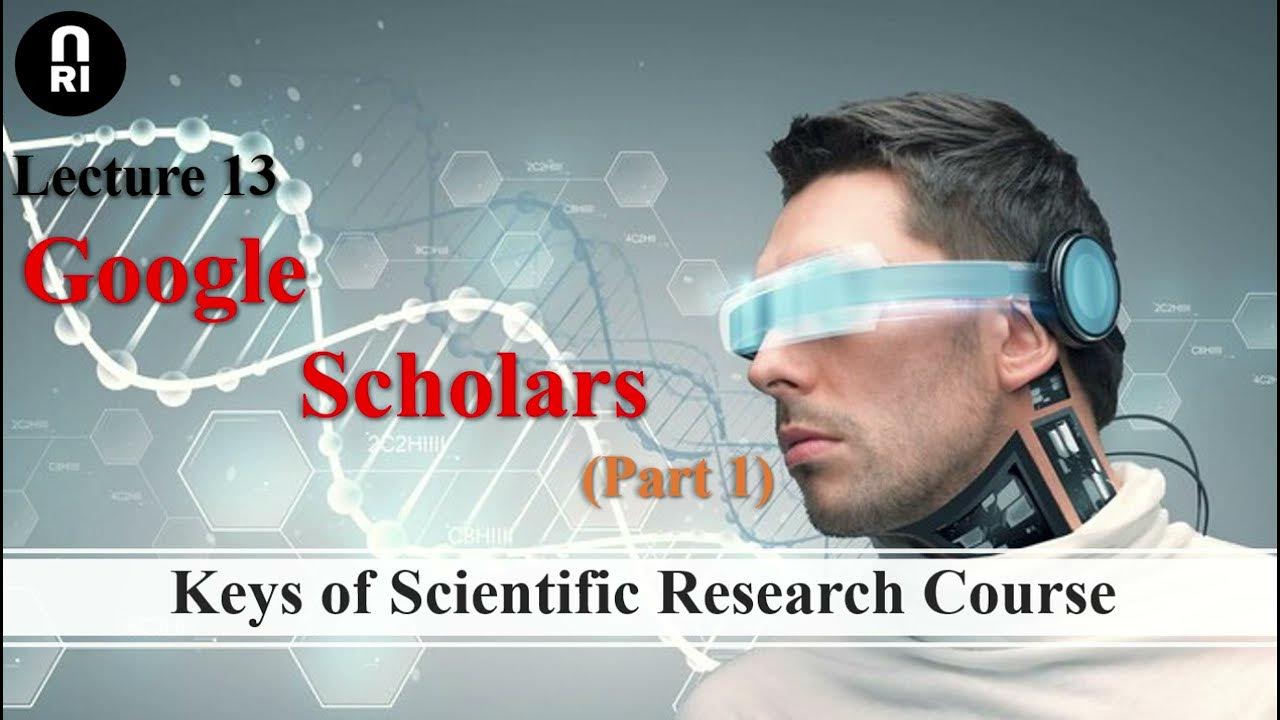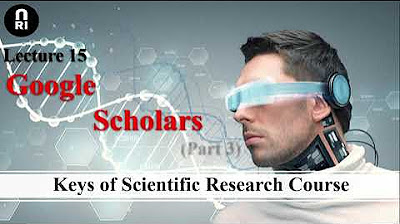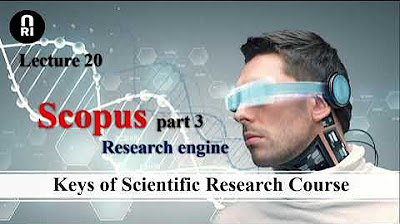Tutorial: Creating an effective search strategy
Summary
TLDRThis tutorial guides researchers in creating an effective search strategy for academic research. It emphasizes the importance of identifying keywords from a research question, finding synonyms, and considering historical contexts. The video outlines strategies for effective searching, including using AND and OR to combine keywords, truncation for word variations, and phrase searching with quotes. It also suggests starting searches broadly before narrowing down results and highlights resources like university databases and Google Scholar. The tutorial encourages users to apply their new skills and seek help from librarians when needed.
Takeaways
- 🔍 A good research process involves developing a research question and an effective search strategy.
- 🗝️ Identifying keywords related to your research topic is crucial for efficient searching.
- 🦸♀️ For the example research question, keywords include 'female,' 'male,' 'superhero,' 'comic books,' and 'represented.'
- 📚 Use synonyms for each keyword to broaden your search. For instance, 'female' can also be 'woman' or 'gender.'
- 📖 Complex and historical keywords can help locate scholarly articles and illustrate how language has evolved over time.
- 🌐 Start your search broadly to get a wide range of results before narrowing it down to specific topics.
- 🔗 Utilize AND to combine keywords and OR to include synonyms for more comprehensive results.
- ✂️ Use truncation with an asterisk to find all forms of a word, like 'super*' for 'superhero' and 'supervillain.'
- 💬 Phrase searching with quotes can help find exact phrases, such as 'comic book.'
- 🏫 General databases like Academic Search Premier and Google Scholar are great starting points for new researchers.
Q & A
What is the primary purpose of developing a search strategy before starting research?
-The primary purpose is to make the searching process more efficient and successful by having a clear plan on how to approach different databases.
How do you identify keywords from a research question?
-Keywords are identified by analyzing the research question and pulling out the main concepts or terms that are essential to the topic.
What synonyms can be used for 'female' and 'male' in research?
-Synonyms for 'female' include 'woman' and 'gender', while synonyms for 'male' include 'man' and 'gender'.
Why is it important to consider historical keywords in research?
-Historical keywords are important because language and terminology can change over time, affecting the availability and relevance of sources.
What is truncation in search strategies, and how is it used?
-Truncation is a search strategy that uses an asterisk (*) to indicate that all forms of a word should be included. For example, 'super*' retrieves 'superhero', 'supervillain', etc.
What does phrase searching involve and why is it useful?
-Phrase searching involves using quotes around specific phrases to find exact matches, making searches more precise. For example, searching for 'comic book' retrieves sources that contain that exact phrase.
What are some examples of general and specialized databases mentioned in the transcript?
-Examples of general databases include Academic Search Premier and Google Scholar. A specialized database mentioned is PsychINFO, which focuses on psychology-related sources.
How can researchers narrow their search results when using databases?
-Researchers can narrow their search results by using filters such as date, source type, and by applying search strategies like AND, OR, and truncation.
What is the benefit of starting with a general database for new researchers?
-Starting with a general database is beneficial for new researchers because it provides access to a wide range of sources, including popular news articles, magazines, and scholarly articles, helping them gain a broad understanding of their topic.
What should researchers do if they encounter difficulties during their search process?
-If researchers encounter difficulties, they should seek assistance from librarians, who can provide guidance and help improve their search strategies.
Outlines

此内容仅限付费用户访问。 请升级后访问。
立即升级Mindmap

此内容仅限付费用户访问。 请升级后访问。
立即升级Keywords

此内容仅限付费用户访问。 请升级后访问。
立即升级Highlights

此内容仅限付费用户访问。 请升级后访问。
立即升级Transcripts

此内容仅限付费用户访问。 请升级后访问。
立即升级浏览更多相关视频

Keys of Scientific Research Course: Lecture (13) Google Scholars Part (1)

How To Write A Literature Review From Start To Finish (Full Tutorial)

Lecture (19) Scopus Account & Scopus as a research engineسكوبس

Perplexica: How to Install this Free AI Search Engine, Locally?

Lecture (15) Google Scholar Part 3

Lecture(20)Scopus Research Engine _ سكوبس كمحرك بحثي
5.0 / 5 (0 votes)
